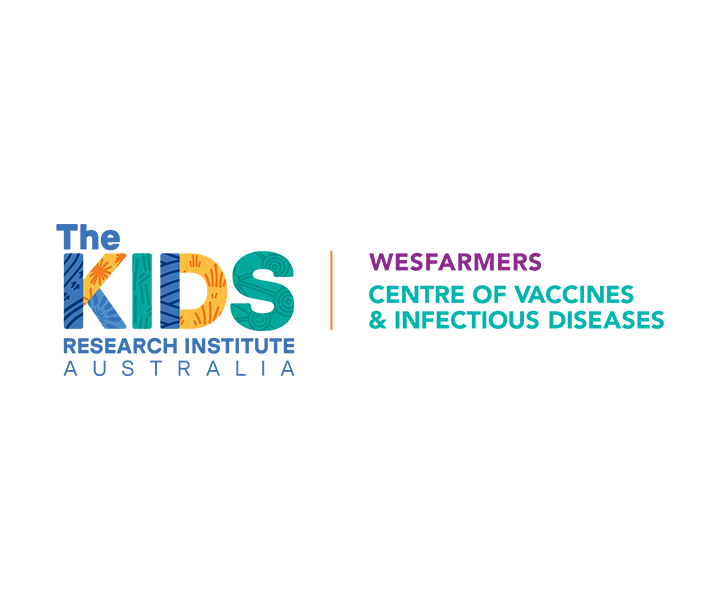Search
Antifungal prophylaxis can reduce morbidity and mortality from invasive fungal disease (IFD). However, its use needs to be optimised and appropriately targeted to patients at highest risk to derive the most benefit. In addition to established risks for IFD, considerable recent progress in the treatment of malignancies has resulted in the development of new 'at-risk' groups.
Acute rheumatic fever is infrequently diagnosed in sub-Saharan African countries despite the high prevalence of rheumatic heart disease. We aimed to determine the incidence of acute rheumatic fever in northern and western Uganda.
There is limited empiric evidence on the coverage of pneumococcal conjugate vaccines (PCVs) required to generate substantial indirect protection. We investigate the association between population PCV coverage and indirect protection against invasive pneumococcal disease (IPD) and pneumonia hospitalisations among undervaccinated Australian children.
The aim of this study was to assess the pharmacokinetic properties of artemether, lumefantrine and their active metabolites in Plasmodium knowlesi malaria.
To characterise the epidemiology, clinical features and treatment of paediatric cellulitis. Methods A retrospective study of children presenting to a paediatric tertiary hospital in Western Australia, Australia in 2018.
Despite advances in cystic fibrosis (CF) management and survival, the optimal treatment of pulmonary exacerbations remains unclear. Understanding the variability in treatment approaches among physicians might help prioritise clinical uncertainties to address through clinical trials.
This study describes trends in social inequities in first dose measles-mumps-rubella (MMR1) vaccination coverage in Western Australia (WA) and New South Wales (NSW).
Convalescent plasma has been widely used to treat COVID-19 and is under investigation in numerous randomized clinical trials, but results are publicly available only for a small number of trials. The objective of this study was to assess the benefits of convalescent plasma treatment compared to placebo or no treatment and all-cause mortality in patients with COVID-19.
Group A Streptococcus (GAS) is a major human pathogen responsible for superficial infections through to life-threatening invasive disease and the autoimmune sequelae acute rheumatic fever (ARF). Despite a significant global economic and health burden, there is no licensed vaccine available to prevent GAS disease. Several pre-clinical vaccines that target conserved GAS antigens are in development.

The Wesfarmers Centre of Vaccines & Infectious Diseases brings together a number of independent researchers and research teams with a common aim; to find and deliver new and improved solutions to prevent and treat serious infections experienced by children or adolescents.
